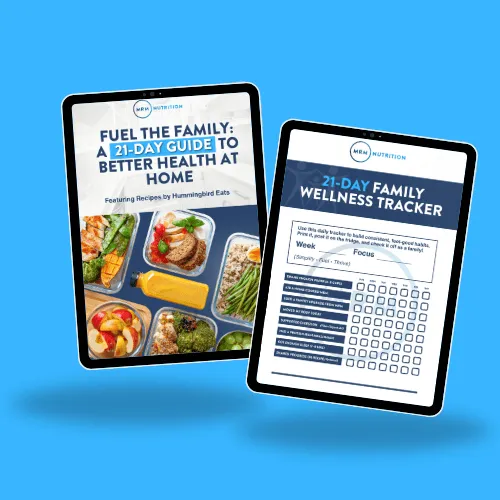It should come as no surprise that diet is one of the most discussed topics amongst individuals with gut-related conditions such as IBD (Inflammatory Bowel Disease), a disease that affects your digestive tract. Our gut is full of sensory receptors, which means any alteration to our gut can be felt throughout the body. As someone living with Ulcerative Colitis, a form of IBD, for the better part of ten years, I’ve learned how valuable maintaining a balanced diet is to my cycling career.

In my last blog, I discussed tips to living a “Life in Balance” like journaling, tracking meals, how we move, and how to change our mindset to better manage IBD and gut health. These four core pillars have been my way to managing IBD, allowing for more freedom and a trackable pathway forward in my IBD journey. When it comes to diet and IBD, it is key to remember that our diet is not stagnant, just like my training. As an athlete, I have found that my diet must fluctuate to meet my needs, whether that be a diet higher in carbs for a race or a more relaxed diet during the off season.
As a person living with IBD, I’ve also learned that fluctuation is key to maintaining balance. This approach can be, and should be, a fluid experience - changing to meet the demands of your gut. I’ve found that supporting my diet with quality products has been key with an ever-changing diet. When I am at my worst, my IBD forced me to focus on fluid-based meals. I used products like Veggie Meal Replacement that supply adequate nutrition while also easing the digestive process during a flare-up**.
The manageability of IBD depends on your diet and how you choose to listen to your body. The symptoms you face will help dictate the alterations you should make to your daily and longer-term diet. Much like that of a cycling race, different conditions require different techniques. For example, when you ride at full speed, eating an energy gel is a lot easier than a dehydrated energy bar. The energy gel provides a more rapid supply of carbohydrates for energy because it is easily digested, compared to the bar which requires a longer digestion period for sustained energy. This type of on-the-fly food needed in a cycling race, is also needed for IBD management. When it comes to managing IBD, having the knowledge and ability to pick foods on the fly can help your gut health in the short-term while also helping you find that life in balance long-term.
One thing that is helpful when on this journey to find balance is to track your progress. It is key to note how the gut feels and responds to the adjustments you make. This will make it easier for you and your health professionals to create an effective approach to your diet and allow you to better react in the future. I like to track my symptoms, or lack of, in my diet app because it helps me associate foods with symptoms.
The most important tip I can share is to stay calm. There will be times when alterations work and do not, but stress will only make it worse. When I experience a change in my diet, I like to use Digest-All to help my gut digest foods better**. I also take an Extra Strength Probiotic to support my gut microbiome**.
At the end of the day, what matters most is that you enjoy your diet. Making alterations to your diet doesn't mean it has to become boring or dull. At times it may seem daunting or stressful, but products like Digest-All and Extra Strength Probiotics have become my base of gut support to help manage the worry**.
Your gut health plays a major role in your overall well-being and therefore working with experts, journaling your experience, and creating a long-term sustainable but flexible diet is the best way to support your gut. If you nourish this journey with quality trusted products, like those from MRM Nutrition, you're well on your way to a Life in Balance with a happy healthy gut.


